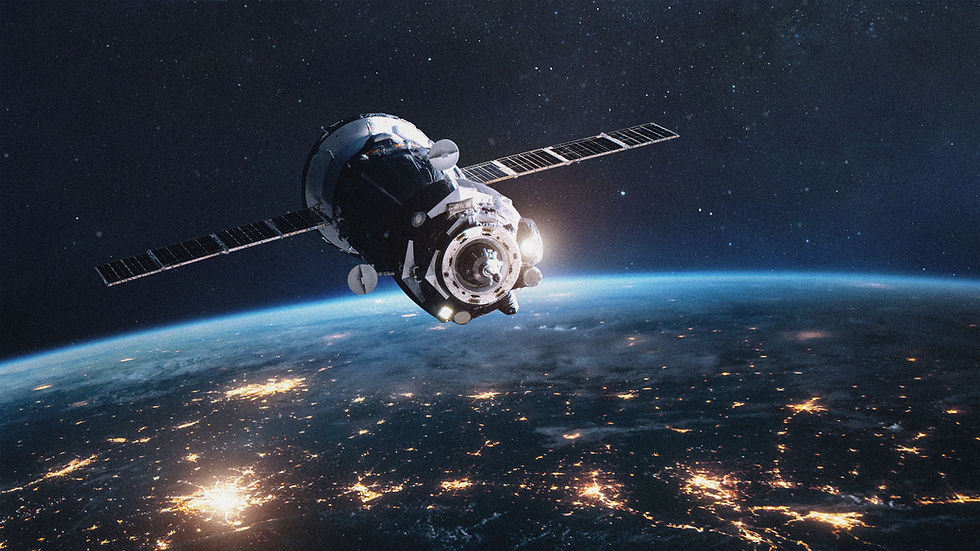Space and Psychology's Direct Relation
- Amanda Grodman

- Jul 3, 2022
- 3 min read
Updated: Jun 2, 2023
Since the prospect of space travel emerged worldwide, particularly in the mid-1900s, thousands of children and adults have dreamed of becoming astronauts to further human knowledge on what may seem like an intangible concept. However, many do not consider the psychological effects of traveling such a distance from our home, Earth, and how isolation, homesickness, and lack of a typical diet are problems that astronauts (in the ISS or not) face year-round. Those who study these possibly harmful effects, along with their underlying causes, are deemed space psychologists, and serve to improve experiences a universe away so traveling to space isn’t such a daunting psychological endurance. With new discussions on increasing space travel to the public, space psychology and similar emotional studies must also come to fruition in the near future to further the potential of safely living in space.

Recent studies and an increased understanding of psychological effects from being in space have shown that being an astronaut is not only about maintaining a strong physical composition, but also a healthy mind. Along with more evident effects of living in space for prolonged periods of time, such as the lack of gravity field exposure, those that cannot be tangibly measured, including isolation, homesickness, and changes to the immune system continue to be issues that space psychologists measure. The space psychology field is truly extensive, with daily studies and research being composed of physical examinations to hypothesizing ways to simulate life on Earth, such as dietary composition. Combined with environmental confinement, a lack of access to fresh and hearty foods, and difficulties in maintaining meaningful familial interaction, being an astronaut takes great amounts of effort and endurance, entailing that space psychologists also have a lot on their plates in making sure the astronauts of tomorrow are happy and healthy in all means.

So, what is the future of space psychology and how can this be implemented into future explorations? Recent discussions regarding space settlement and colonization have become more apparent, especially with growing concerns of environmental degradation and a lack of sustaining food sources for an ever-growing population on Earth. As NASA notes, however, the “impact on the human body while living and working in cramped, low-gravity environments,” along with the “psychological toll of isolation and separation from one’s family and society” are certainly not challenges to disregard in this exploration of a potential new home, particularly by the space entrepreneurs that may test out the ropes before the mass public. Nonetheless, scientific and technological advancements being made daily challenge these boundaries, and the concept of average civilians traveling to space may not seem so foreign in years to come.

In this episode of “Let’s Go to Space: BLUESKY Learning,” Episode 68: The Psychology of Space, we speak with Karolina Rivera-Osorio in exploring some of the vital and circulating discussions of space psychology. Ms. Rivera-Osorio joins us from a seven-month experience in which she researched “The Psychology of Sustainable Agriculture for Future Martian Astronauts” in France. She is also a former intern at the NASA Headquarters Science Mission Directorate supporting the Mars sample Return Mission while also studying Industrial and Organizational Psychology. Ms. Rivera-Osorio provides a meaningful and first-hand perspective on how space psychology is revolutionizing our abilities to go to space, even down to dietary composition, and what this means for future astronauts. As concluded in her passionate descriptions and insight for students interested in entering the aerospace, or space psychology, field, she used her passions of gardening, traveling, and scuba diving to fuel an insightful career. Check out this episode to hear more from Ms. Rivera-Osorio, or visit our other weekly space-oriented podcasts to hear from international speakers on their diverse experiences and hopes for the future of space. Also make sure to check out our website to learn more about becoming a member of the Aerospace and Innovation Academy, where you can join us in our quest to go to space.




Comments